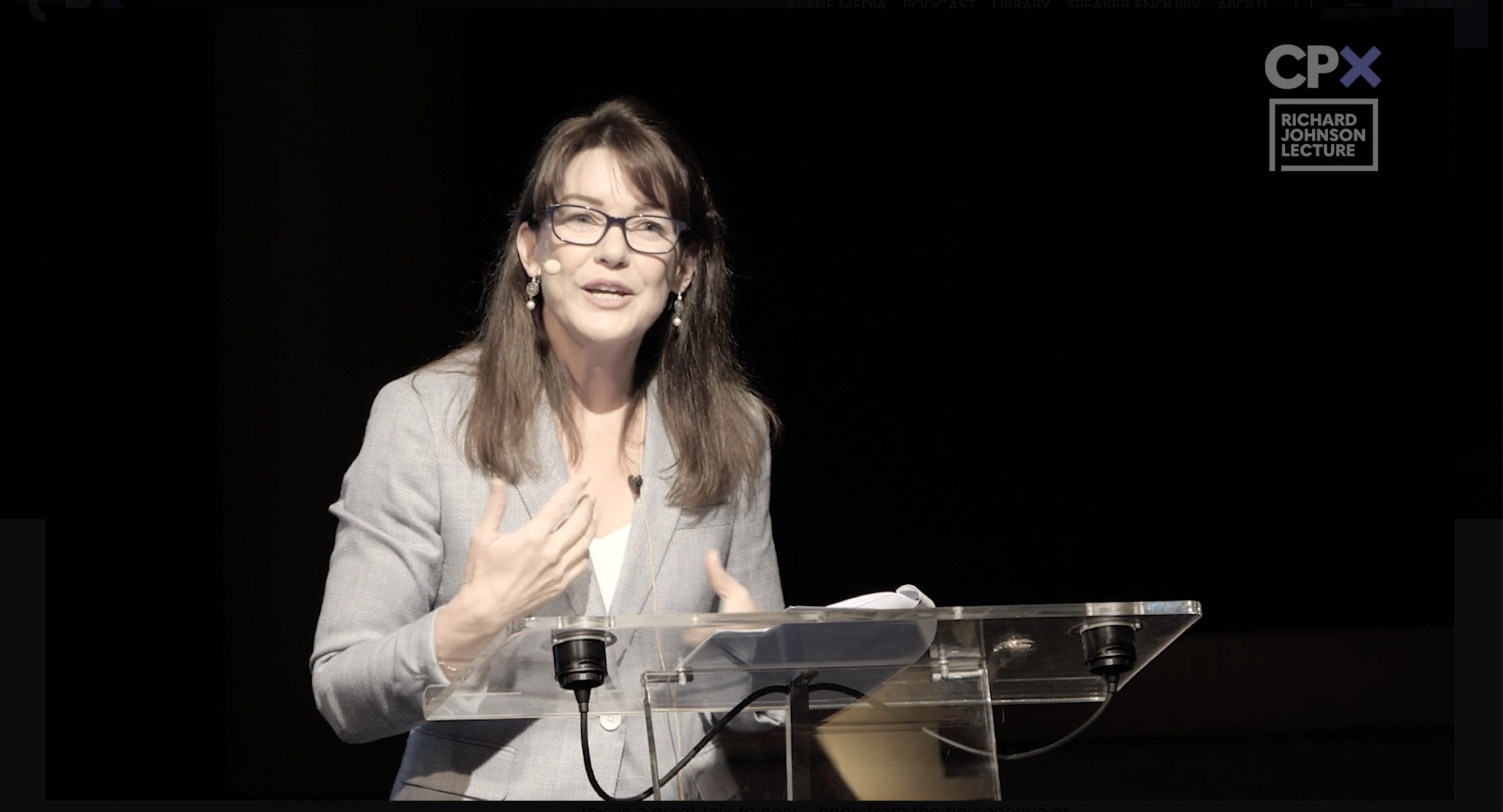
Corporate speaking
My presentations capture 30 years of experience
My career in clinical practice has given me access to diverse organisations as well as countless personal experiences of speaking and leading workshops in workplaces, complemented by eight years’ pioneering academic research on how to cultivate hope.
I offer tailored, engaging and practical keynote presentations, bespoke seminars and consultation.
Any of the topics below can be presented as a one hour or two hour talk or as half day workshops, with discussion and application to your unique context.
The four elements of hope that I developed through nearly a decade of research and practice, are practical ways of thinking, acting and nurturing feelings that work together synergistically to increase hope. Hope is a crucial psychological state that can be developed and that positively impacts emotion, thinking strategies and, importantly, motivation to act.
-
Who doesn’t want more hope? This session explains the protective power of hope for reducing each individual’s psychosocial harm. It explores practical strategies for building the four pillars of hope - a belief in meaningful possibilities, coping well while poised to act, nurturing relationships of hope and generating glimpses of our hopes- which have been demonstrated to correlate strongly with wellbeing. It also examines “what gets in the way” of being personally hopeful. I can also provide personalised hope strategies, informed by the statistically validated Transformative Common Hope Scale, which measures your level of hope.
-
Strengthening the four pillars of hope in your team enables them to positively persevere though extended projects. This session explores the communal and contagious nature of hope- as well as articulating the most commonly encountered barriers to being collectively hopeful. We will also analyse the shifts in motivation along the course of any long project and the importance of differentiating four key psychological processes i.e. knowing how hopes relate to goals and how meaning relates to mindfulness.
-
We all know what we should be doing - exercise more, eat healthily, less devices, do mindfulness. This session explores the common psychological barriers that stop us from living a better life and how we can overcome them to prioritise our own wellbeing.
-
Ancient wisdom and modern science combine in this talk to deal with the significant psychosocial risk of burnout. Burnout depletes joy, competence and productivity, so understanding its early warning signs, knowing how to manage it and also to prevent it are important skills to learn.
-
We cannot control what others do but we can control our actions and boundaries. This session uses the framework of Bowen Family Systems theory to understand the complex reciprocal dynamics of the workplace, including how to protect your sense of Self especially when interacting with those who have a capacity to erode it.

